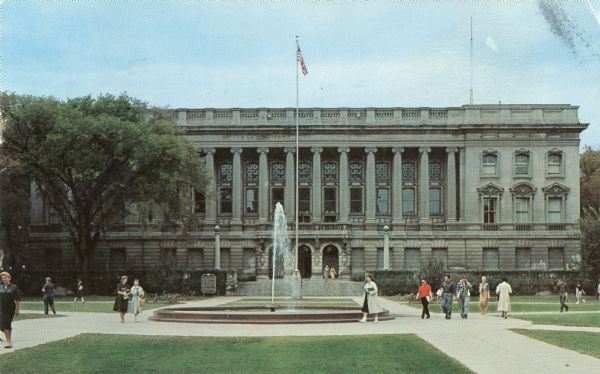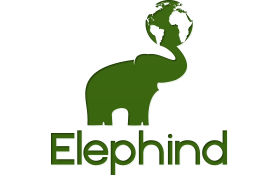Nancy Archibald attended the Alberta Genealogy Conference recently and has sent us a report about her experience. Thanks for sharing, Nancy!
Hello from Nancy Archibald
I am back in Alberta and drove north to Edmonton through a snowstorm to a Genealogy Conference, April 27 and 28th.
I was happy to see there were three sessions on writing with Lynn Palermo from the Armchair Genealogist website. I had purchased several of her books in the past about writing your family history. I have used Scrivener for organizing some of my research, so when I saw that Lynn had organized Scrivener for the Family Historian I had to buy the book.
Lynn’s workshop included:
Writing family History stories - 10 tools to get you started.
Lynn also presented on 8 steps to Creating a Family History Book. Information carried over from the last session with added information on what you need to think about before writing your story.
The third session with Lynn was very emotional because she read excerpts from her story of an ancestor who immigrated to USA from Poland. He then immigrated to Canada and was able to bring his brothers and sisters. This took a long time until his baby brother, Frank arrived as an adult in 1925. He never saw his parents again.
Other sessions I attended were:
Researching Your English and Welsh Ancestors - Ruth Blair.
Ruth shared many websites she uses when researching.
Cluster Research for Breaking Brick Walls - Ruth Blair.
Cluster and Collateral research looks at more than your direct line. Collateral Research is searching indirect relations to your ancestor. Blood relatives but not direct ancestors. Cluster research involves non-relatives in your ancestor’s community or circle or “Friends and Neighbours”. You can experience your ancestor’s life through the people who know him or her. The family may have migrated together or joined friends and neighbours where they migrated.
Scottish Research - Sylvia Valentine.
Sylvia presented three sessions. The plenary session in the morning showed how Sylvia researched 5 brothers whose parents died when they were young. She followed them through workhouses, occupations and educational institutions throughout their lives. Scottish records are found on Scotland’s People and Scotland’s Places websites. You have to pay for the Records that you find, but you can search and see where the records are for free. These records have not been provided to Family Search, Ancestry, My Heritage, Find My Past or any other ancestry databases. The records provide a lot of information about other family members and occupation of the head of household so it is worth the money to pay for the certificate or registration.
There were many other presentation. This summary is only of the ones that I attended. If you have any questions you can email me at
nanc21.na@gmail.com




